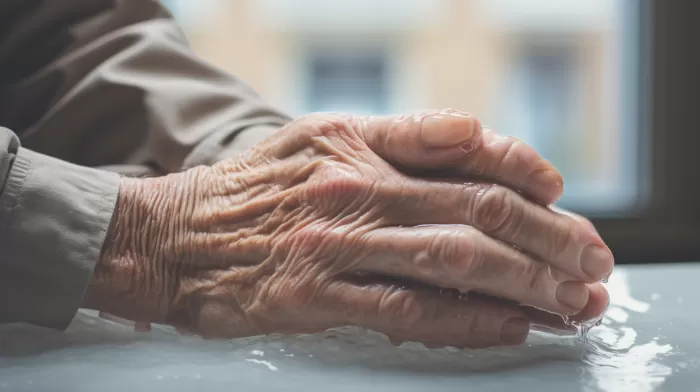The health of nursing home residents across the nation is at risk, with dirty hands of employees exposing sick and elderly individuals to potentially fatal infections. Federal regulations issued by the Centers for Medicare and Medicaid require that those working in nursing homes wash or sanitize their hands before and after their shifts, and after any direct contact with residents. They hope that this measure will reduce the spread of deadly diseases such as MRSA and Clostridium difficile in those facilities, but researchers have found a disturbing increase in non-compliance.
From Bad to Worse
A mere 7.4 percent of nursing homes suffered from issues relating to poor hand hygiene between 2000 and 2002, according to inspection reports. By 2009, this problem had risen alarmingly to around 12 percent of facilities. This increase has been linked to various factors, one of them being staffing shortages, as well as low reimbursements from Medicare. A study published in the Journal of Applied Gerontology also identified a growing number of nursing home residents who suffer from dementia and other conditions that necessitate hands-on assistance for essential hygiene tasks such as toothbrushing, changing clothes, or using the restroom. The more care required, the harder it is for employees to strictly obey the hand-hygiene regulations.
The Consequences of Poor Hand Hygiene
Good hand hygiene is essential in healthcare environments, as germs can spread easily, and nursing homes are no exception. The consequences of poor hand hygiene in these facilities can be detrimental, even fatal. Unwashed hands can contaminate surfaces throughout the facility, putting the health and safety of both residents and staff in danger.
For residents with compromised immune systems – common among the elderly – an innocuous action such as touching a contaminated surface can lead to a full-blown infection. The Centers for Disease Control and Prevention warns that, on average, healthcare providers clean their hands less than half of the times they should, contributing to the spread of healthcare-associated infections. It’s clear that better adherence to hand hygiene regulations in nursing homes could save lives and improve the quality of life for vulnerable residents.
Addressing the Issue
So how can nursing homes make a positive change? Addressing staffing shortages is one key to solving the problem of poor hand hygiene. Ensuring that there are enough well-trained and skilled healthcare workers available to care for residents means less chance of handwashing rules being neglected. Furthermore, efforts must be made to improve adherence to hand hygiene guidelines, so that adequate handwashing and sanitization become an ingrained routine for staff members.
Technology can provide part of the solution, with hand hygiene-monitoring systems proving helpful in reducing infection rates. By electronically tracking healthcare providers’ hand hygiene behavior, these systems have demonstrated reductions in healthcare-associated infections. In one study, MRSA rates were reduced by 42 percent over the course of 18 months, simply by implementing such a system.
Another key element is education for both staff and residents. Regular training sessions highlighting the importance of hand hygiene and the consequences of not adhering to guidelines can create a culture of greater vigilance. Staff should be reminded to wash their hands before and after direct contact with residents, as well as after touching any potentially contaminated surfaces, equipment, or objects. Residents, in turn, should be educated on the importance of proper handwashing and encouraged to remind those assisting in their care to sanitize their hands.
The Bottom Line
The issue of poor hand hygiene in nursing homes must be addressed urgently to protect the health and safety of those who live and work in these facilities. With serious consequences resulting from a lack of consistent handwashing and sanitization, urgent action is required to tackle staffing shortages, provide education, and introduce technology solutions to monitor and enforce hand hygiene practices. Lives depend on the vigilance of those who care for nursing home residents and the facilities’ management, and they cannot afford to be lax when it comes to this vital aspect of health and safety.



